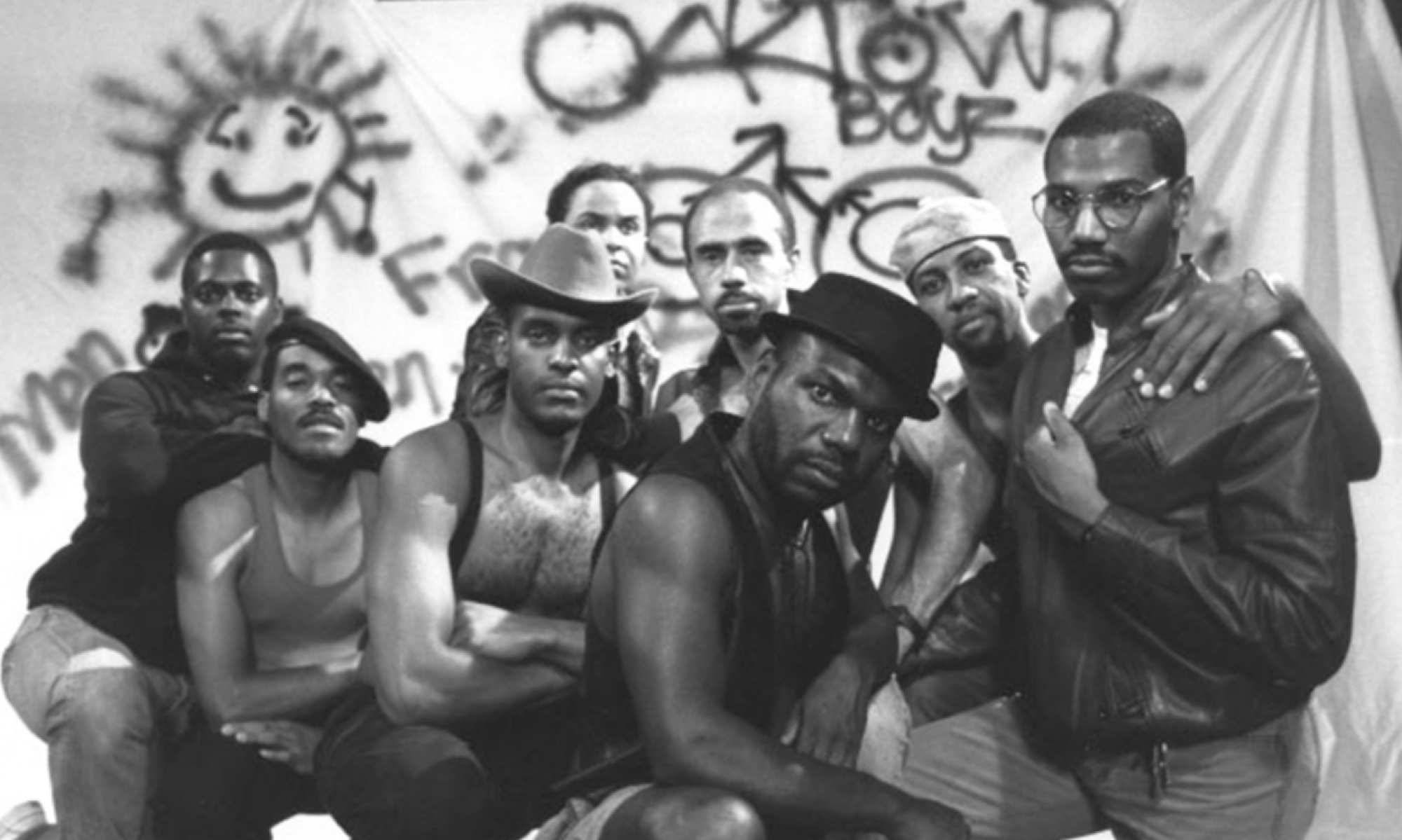In the readings and class this week, we talked a lot about interior spaces and external selves fashioned for men and women through Playboy and Cosmo, respectively. I am interested in considering how these apparently divided spheres of the single man and single woman intersect in Pillow Talk—and the role of the phone in romance. The phone is what enables the separate domestic spheres to intersect. As some of the humorous opening scenes show, most of Brad’s seduction takes place over the phone; he talks to many different women and sings them songs he “wrote for them.” The women on the other end of the line cannot see Brad’s apartment (although presumably many of the women have already been inside at one point or another). The phone line that Brad and Jan share is also what brings them together. I particularly enjoyed the use of the split screens to show phone conversations, showing how the sonic landscape of the phone line bridges the spaces between them. In the scene where Jan and “Rex” are both on the phone, with each of them in their respective bathtubs, they each rest their feet on the wall, and their feet seem to press up against one another as they meet in the middle. (What’s also interesting is that Jan’s bathroom has blue-toned walls, while Brad’s has pink-toned walls?) In the opening credits, we also see a split screen showing the bodies of Brad and Jan in their beds, decoratively and color-coded as masculine/feminine—but they are able to toss the pillows between one another. There is the creation of a weird, impossible-seeming new space, between public and private spaces, allowing for shared interactions without either leaving their personal domestic realms.


The lack of a private phone means that private lives are never actually that. This ties into what Wojick describes as the bachelor pad as a “fantasy space,” producing a dual identity and bifurcated self. Brad embodies this dual identity literally through his performance as Rex, but the presence of split screens and voiceovers revealing the character’s thoughts further heightens that sense of “the imaginary bachelor pad” and the concealment of identities. But in the same way that Wojcik cites Henry Urbach’s study of the twin spaces of the closet, these identities are never fully concealed, and “private” spaces are never really private. The frequency with which various characters eavesdrop on one another also shows the lack of total privacy even in domestic spaces. As with the Playboy interiors is a voyeuristic quality throughout—only instead of Brad wanting to be seen, he wants to be overheard. Brad calls Jan “an eavesdropper on my party line. She always listens in. It brightens up her drab, empty life.” Overheard conversations seem to allow for the creation of fantasy—Alma calls herself one of the “most devoted listeners” of Brad, and takes visible pleasure in hearing him sing to women.
On a related note, the party line also returns to these questions of economics, and the desire for upward mobility that magazines like Cosmo suggest drives many relationships. On one hand, Jan quite financially secure, able to afford her own apartment: “I have a good job, a lovely apartment, I go out with nice men, to the theater, the best restaurants. What am I missing?” she says. She is immune to Jonathan’s attempts to woo her with displays of wealth (as he bemoans, “Money seems to have lost its value these days.”) Jan doesn’t need wealth, and while Brad also has some financial stability, he still is at the mercy of his show’s major backer, Jonathan. Yet there is still a financial/technological element that makes the key romance possible. Without the shared telephone line, Brad and Jan never would have “met” one another—so if Jan had had the financial means to get her own line from the phone company, the romance would have been impossible. In addition, the final resolution between Brad and Jan comes down to money once again, with Brad hiring Jan to do his apartment. It seems that, even with a financially secure protagonist, the question of money and its relationship to romance and marriage is unavoidable—and when the separate domestic spaces are eventually merged, the future presence of the child is suggested by the acquisition of another possession: a pillow.

-Katie
